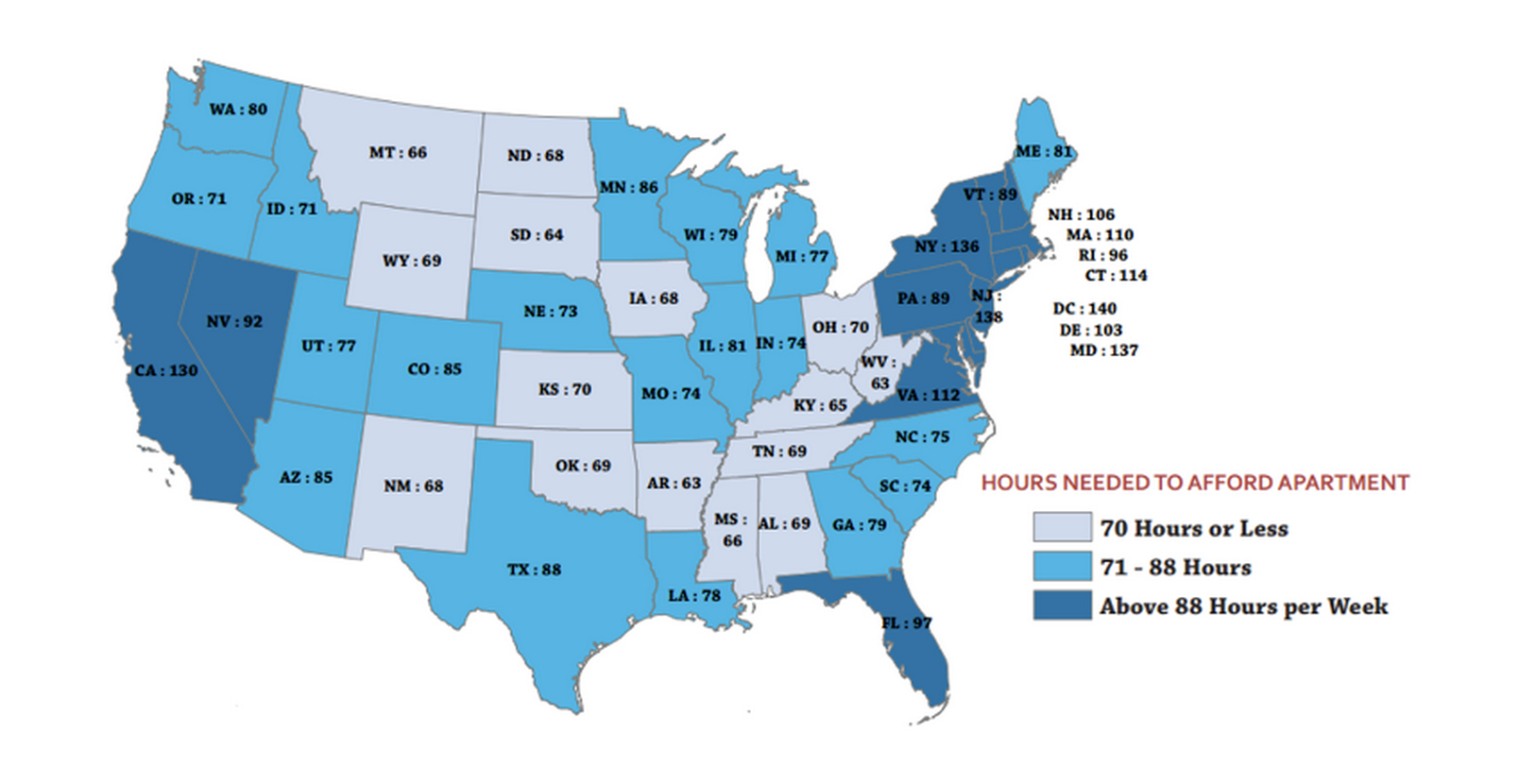We've all heard the imaginative tales innocent children will concoct when they try to figure out where babies come from. Does the mother's belly open like a breadbox to deposit the child when it's ready? Do storks or pixies or ancestral spirits bring the child from another realm? Kids don't know so they make up the best answer they can, despite lacking important information.
That's a perfect parallel to what happens when many adults try to explain where wages come from. There are oodles of stories surfacing about how workers of major corporations often collect some kind of government assistance, and they make the claim that the company is costing the government money because its wages aren't high enough.
Here's a typical example, with its description of Domino's:
Domino’s has more than doubled its net income since 2008, when the company posted $54 million in earnings. Many of Domino's employees are likely enrolled in government programs. According to [the National Employment Law Project], the company could have raised employee wages rather than spend that money expanding aggressively overseas and investing heavily in technology aimed at easing the ordering and delivery process. The stock has surged over the last five years with the share price up more than 900%. Meanwhile, the compensation of J. Patrick Doyle, Domino’s CEO since 2010, amounted to more than $6 million in 2011 and more than $9 million in 2012.
Somewhere in America, a writer thinks that wages come from the stork.
How else could you explain this reckless assumption that Domino's would have dumped its investment money onto its low-skilled employees? To the economically-ignorant, wages are a gift employers give to employees because they are nice. To those with economic understanding, wages are determined by the market and will reach the dollar amount required to attract a competent workforce
I was a Domino's driver in college and it was best money I had made at that time. It paid more than the small businesses and large corporations I had worked at before. It also took little skill and there were tons of people qualified to do the same job. If wages were raised, I doubt I would have been able to keep my job, as adults with more work experience would leave their fields and take the positions away from people like me. Without these kinds of low-paying jobs, young workers can not get a break into the workforce.
Noticeably, the article's estimate for what the government gives in assistance to Domino's Workers ($126 million) is more than the companies annual profits ($112 million) and CEO compensation ($9.1 million) combined. The author insists that the company should have avoided expanding their business and making capital investments and instead give cash gifts to employees.
Does this person also believe in unicorns? What a downright idiotic thing to write.
By the way, since the writer is so bitter about the $3 million increase in the CEO's compensation package between 2011 and 2012, why not simply divide it between all the employees. I'm sure that annual increase of $40.58 per employee would go a long way.
Welfare programs that cut off benefits when workers find some work trap people in poverty. If someone has low skills and few offers, they can lose money if they take a job and sacrifice their government benefits. It's a positive thing that these people are working while on government assistance. The alternative these shallow activists seek would lead to higher government assistance costs and more people blocked from working.
By the way, anyone worried that Domino's pizza workers aren't making enough money can try giving a generous tip.
Read more...



